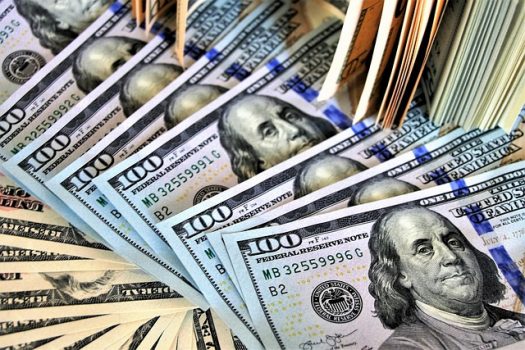 The Central Bank of Nigeria (CBN) has announced a significant overhaul of the Bureau de Change (BDC) sub-sector to strengthen the foreign exchange market. The new guidelines, effective June 3rd, aim to improve the BDCs’ role in the forex market and address past concerns.
The Central Bank of Nigeria (CBN) has announced a significant overhaul of the Bureau de Change (BDC) sub-sector to strengthen the foreign exchange market. The new guidelines, effective June 3rd, aim to improve the BDCs’ role in the forex market and address past concerns.
A key change is the substantial increase in minimum capital requirements. Tier-1 BDCs, operating nationally, will now need N2 billion, while Tier-2 BDCs, limited to one state, must have N500 million. This replaces the previous uniform N35 million capital requirement for all BDCs.
The CBN introduced new licensing categories and revised permissible activities for BDCs. Tier-1 BDCs gain franchising rights, while Tier-2 BDCs are restricted to a single state with limited branch expansion. Street trading of foreign currency is now prohibited, and BDCs can no longer hold public accounts or engage in retail currency sales except for Business Travel Allowances (BTA).
The guidelines emphasize stricter Anti-Money Laundering/Combating the Financing of Terrorism/Countering Proliferation of Financing (AML/CFT/CPF) measures. BDCs must integrate their IT infrastructure with the CBN and Nigeria Interbank Settlement System (NIBSS) for improved transparency and regulatory oversight.
The CBN will conduct a “fit and proper” test on major shareholders, board members, and top management of BDCs to ensure their suitability. Additionally, stricter rules govern sources of capital and shareholder funding.
CBN Director of Financial Policy and Regulation Department, Haruna Mustafa, stated: “These reforms aim to reposition the BDC sub-sector for a more effective role in the forex market. The revised framework strengthens compliance, transparency, and professionalism within the BDC space.”
The CBN’s move comes amidst ongoing efforts to stabilize the Nigerian foreign exchange market. Analysts believe the stricter regulations will improve the BDC sector’s credibility and effectiveness.

Police Warn Of Foreign Mercenary Involvement In Planned Nationwide Protest
Tragic Building Collapse In Maryland Lagos Claims Five Lives
DSS Warns Against Nationwide Protest Plot, Urges Citizens to Maintain Peace
Ohanaeze Ndigbo President General Emmanuel Iwuanyanwu Passes Away At 82